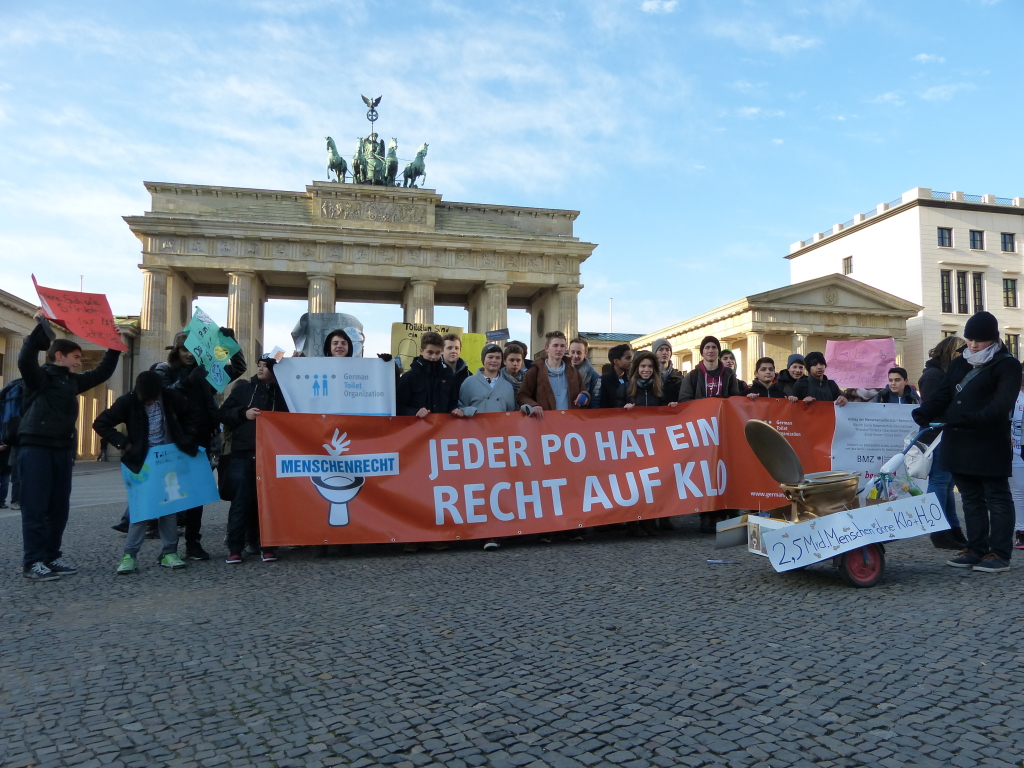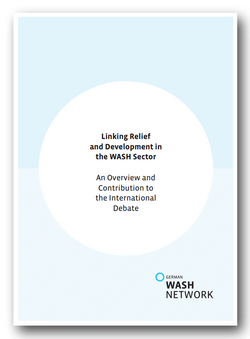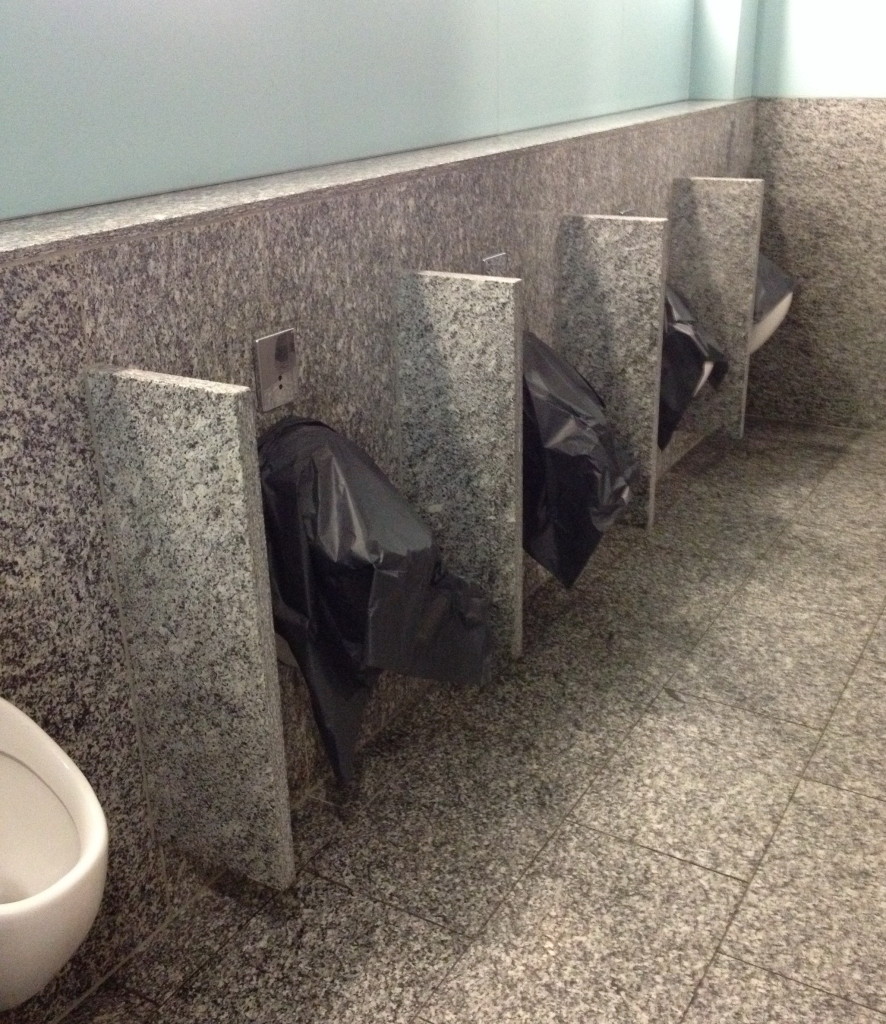Yeah, we all love travelling, but how about the sanitary facilities at your destination? Will there be enough toilets? And will I be able to use them?
Famous YouTube star* Wilbur Sargunaraj from India, probably best known for his “Love Marriage” parody or the recent collaboration with NPR for “Dunk-A-Chicken“, offers a bit of help by explaining the use of some different toilet systems for a first class toilet experience:
Squatting toilet and manual anal cleansing with water, in “the” India:
Squatting toilet and manual anal cleansing with leaves or old paper (“What if there is no water?” – “Well, you uhmm….”), Uganda:
Pedestal (sitting) toilet and automatic anal cleansing with water, in Japan
(so desu ne!)
Pedestal (sitting) toilet and manual anal cleansing with water, in the EU:
And, as a bonus, a pedestal (sitting) toilet with manual anal cleansing using paper towels – on an Airbus A380-800:
(btw: did you know that most bowls for these vacuum toilet seats come from the same manufacturer?
Not enough? Here’s from from Wilbur – enjoy!
(* i.e. “Performing Artist and global ambassador for Cultural Intelligence“)


 The publication aims to provide a more in-depth overview of existing definitions, prevalent categorisations and models that are currently being used to describe the relief to development contiguum in the WASH sector and identify existing challenges and opportunities that come along with it. It looks into the main disaster and crisis scenarios and how they affect the WASH sector. It provides definitions for the different assistance types (relief, recovery and development) and the role that WASH plays in each of them. It furthermore summarises main concepts and approaches that are being used and makes an attempt to map out the complex structures and funding mechanisms in both relief and development and identifies existing challenges and opportunities in the transition contiguum. For this paper a wide range of sector professionals have been asked to provide feedback reflecting either their individual and/or organisational views and experiences regarding current challenges, opportunities as well as recommendations for the way forward.
The publication aims to provide a more in-depth overview of existing definitions, prevalent categorisations and models that are currently being used to describe the relief to development contiguum in the WASH sector and identify existing challenges and opportunities that come along with it. It looks into the main disaster and crisis scenarios and how they affect the WASH sector. It provides definitions for the different assistance types (relief, recovery and development) and the role that WASH plays in each of them. It furthermore summarises main concepts and approaches that are being used and makes an attempt to map out the complex structures and funding mechanisms in both relief and development and identifies existing challenges and opportunities in the transition contiguum. For this paper a wide range of sector professionals have been asked to provide feedback reflecting either their individual and/or organisational views and experiences regarding current challenges, opportunities as well as recommendations for the way forward.